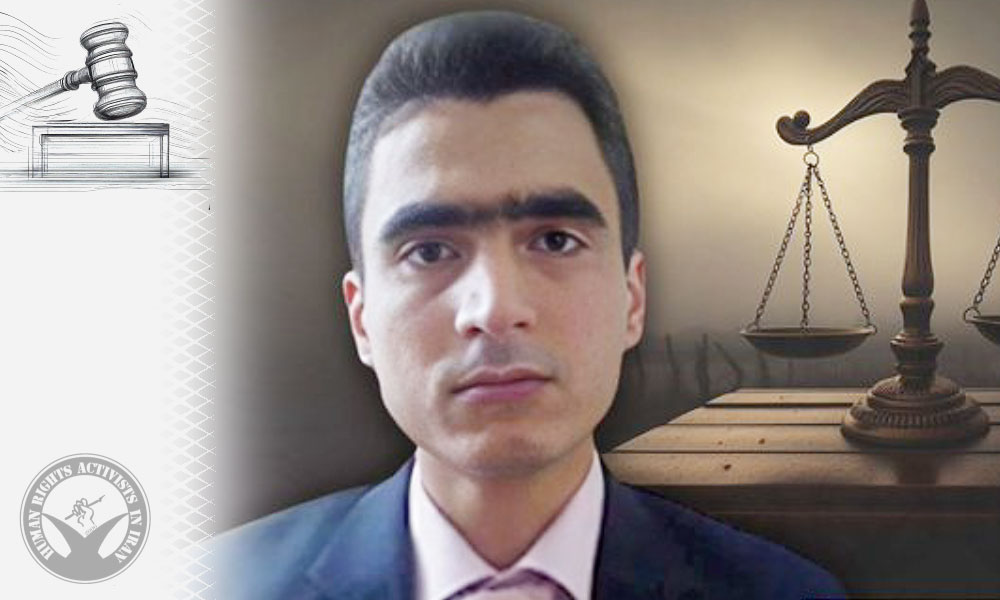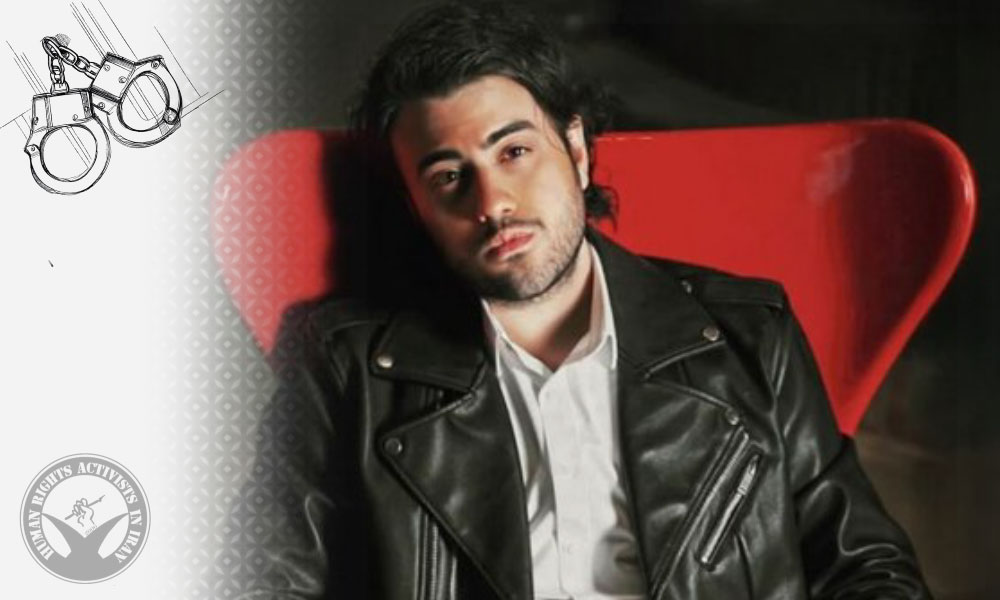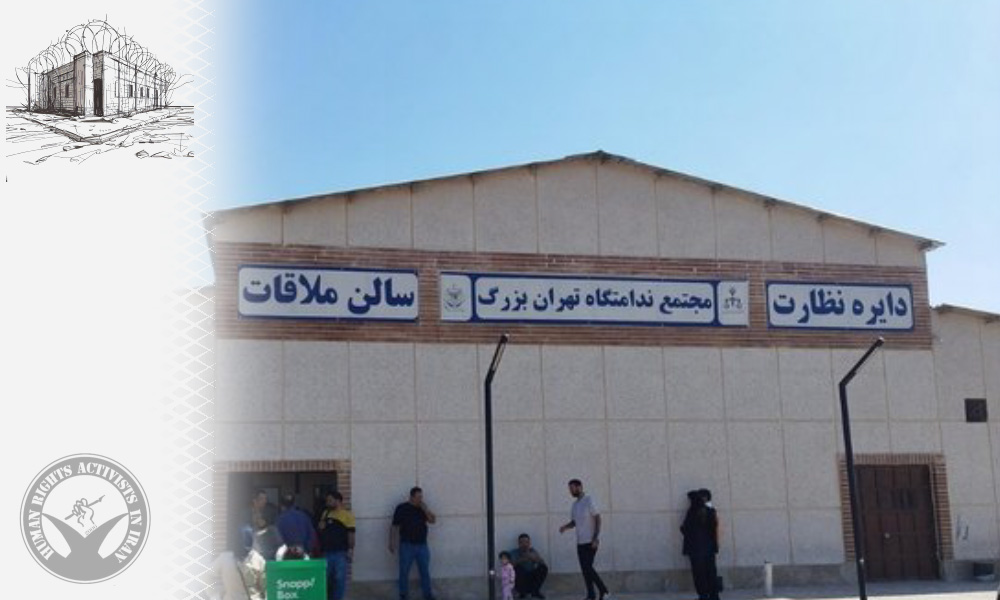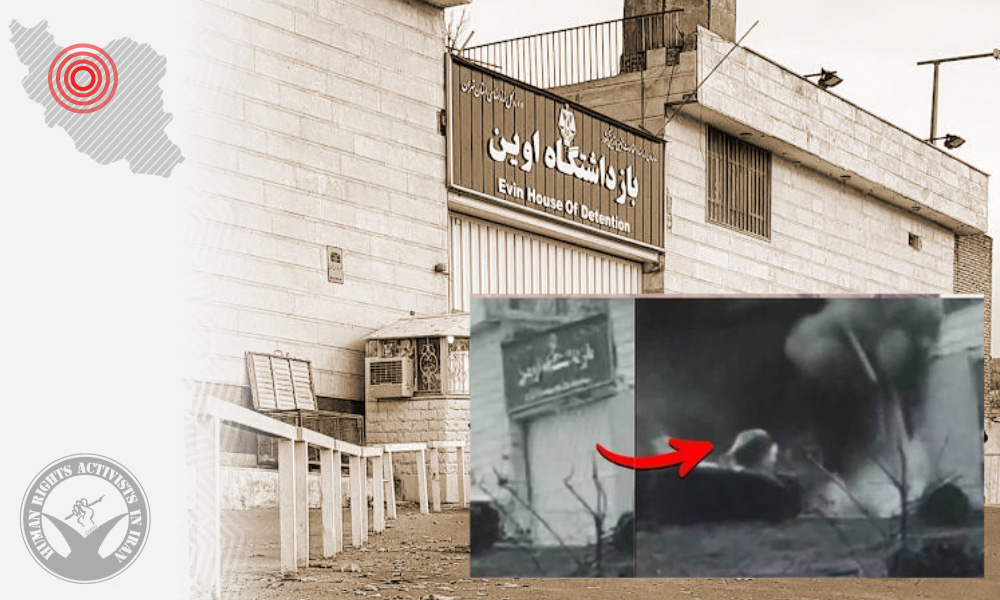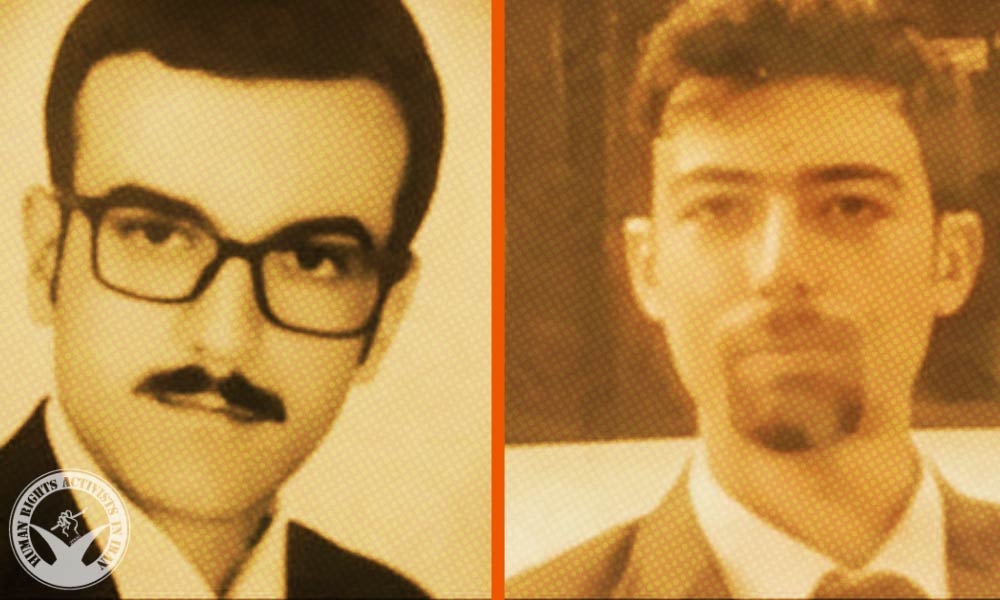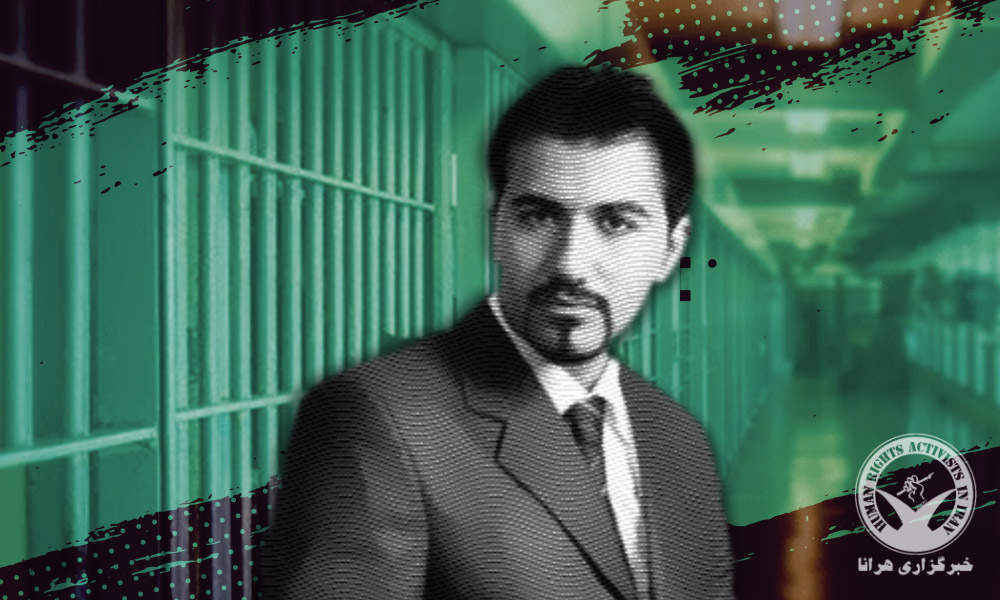HRANA News Agency — On June 23, during airstrikes by the Israeli Air Force on Tehran, Evin Prison was directly targeted. The attack took place during family visitation hours, resulting in the deaths and injuries of several administrative staff, conscripted soldiers, and prison personnel. Significant damage was also inflicted on key prison infrastructure, including the administrative building, entrance gate, infirmary, central kitchen, and visitation hall.
According to HRANA, the extent of the destruction has forced the evacuation of the prison. Beyond the immediate casualties and physical destruction, the assault has triggered a humanitarian and psychological crisis for the families of the prisoners. At the time of this report, calls for the immediate release of political prisoners and for transparent information about the fate and whereabouts of those transferred remain unanswered.
Destruction and Damage
Reports from various sources, including eyewitness accounts, indicate widespread destruction in several parts of the prison:
● The entrance gate, the court building, and the prison infirmary were completely destroyed.
● The visitation hall and central kitchen were also destroyed during the attack.
● Windows in Ward 4 and the women’s ward were shattered, and parts of their walls collapsed.
● The prison infirmary sustained serious damage, disrupting medical services.
● According to an official report by Fars News Agency, Dr. Seyed Davood Shirvani Boroujeni, one of the prison’s infirmary doctors, was killed in the attack.
Security Situation and Reactions
Following the attack, a state of emergency was declared at the prison:
● Telephone lines in most wards were cut or limited.
● Visitations and outdoor time for prisoners were suspended.
● The judiciary spokesperson confirmed the attack occurred during visitation and stated that some staff and family members were also casualties.
● Official reports stated that bomb disposal teams successfully neutralized two unexploded missiles in the prison area.
Prisoner Transfers and Family Concerns
In response to the extensive destruction, the Prisons Organization initiated the emergency relocation of inmates to other facilities within Tehran Province, including Greater Tehran Prison and Qarchak Prison in Varamin. According to the organization, the transfers began in the early hours following the strike and have since been completed. However, many families report being left in the dark about the exact whereabouts of their loved ones.
In an open letter, one political prisoner described the ordeal as “the worst day of my life,” adding: “Evin Prison essentially ceased functioning. The longstanding desire of the security apparatus to evacuate Evin was realized through Israeli missiles.” The prisoner also highlighted a more than 24-hour communication blackout with the women’s ward, confirming that inmates from Wards 4 and 8 were transferred to Greater Tehran Prison, while female prisoners were moved to Qarchak. The absence of official documentation and continued lack of contact have fueled severe anxiety and uncertainty among the prisoners’ families.
Doctor’s Death and Official Visit to the Injured
Following the attack, Abbas Masjedi, head of the National Forensic Medicine Organization, visited the wounded. At the same time, it was announced that Dr. Davood Shirvani Boroujeni, a member of the prison’s medical staff, was killed during the attack.
Human Rights Implications
Evin Prison, with its long-standing history of holding political and ideological prisoners, has long been a focus of human rights scrutiny. The direct attack on the facility — especially at a time when many of its inmates were financial offenders or low-risk prisoners — has sparked serious concerns over violations of human rights standards and the laws of war. According to witness accounts, several conscripted soldiers, guards, and even staff family members were killed in the strike. One witness described the scene: “All the conscripts at the gate were completely obliterated… and we, the prisoners and their families, were hugging them.”



